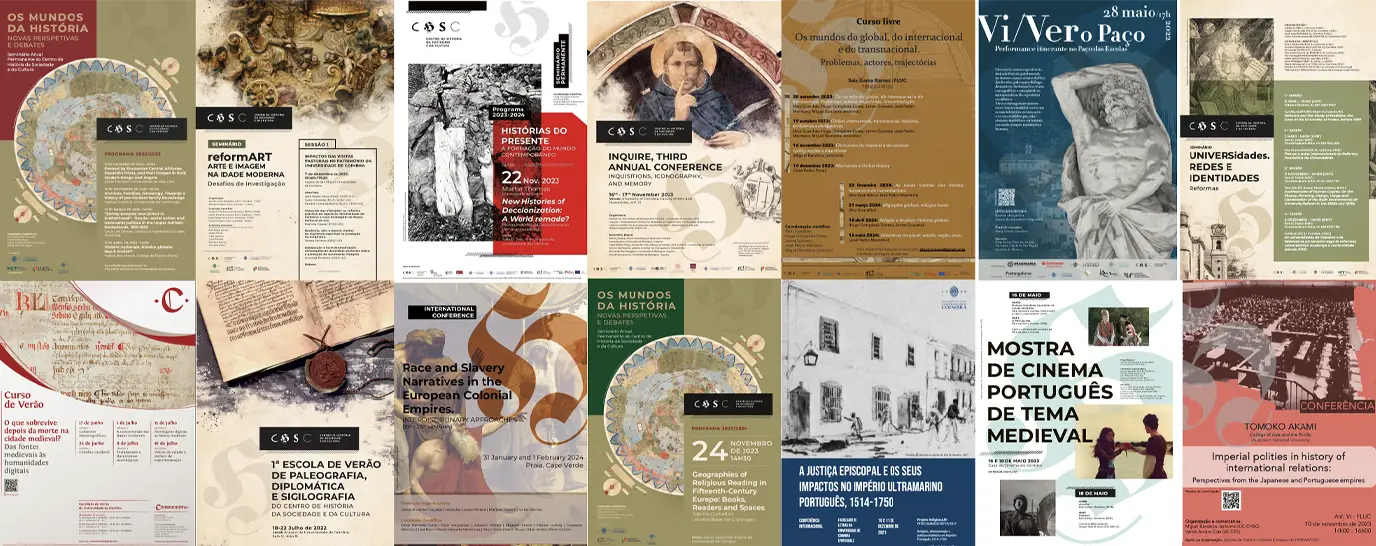
Conferência por Tomoko Akami

Conferência por Tomoko Akami (College of Asia and the Pacific/Australian National University) sobre Imperial polities in history of international relations: Perspectives from the Japanese and Portuguese empires.
Organização e comentário: Miguel Bandeira Jerónimo (UC-CHSC) | Vanda Amaro Dias (UC-CES)
Data: 10 de novembro de 2023 | 14h00-16h00
Local: Anf. VI (FLUC)
Resumo: So far, histories of modern international relations have largely been conceptualized and written with national sovereign state as the basic unit. Crucial to this understanding is the discourse and concept of the International. Particularly after the end of the First World War, the defeat of the German, Austral-Hungary, and Ottoman Empires marked the end of the ‘continental’ empires in Europe with self-determination as a new norm in Europe, which we have understood the new League of Nations championed. Accordingly, the notion, the International, or more precisely the non-socialist/communist version of the International defined the nature of the League in the 1920s and 1930s. Beyond Europe and the Americas, however, the victorious empires, not only the European, but also the Japanese and US empires, continued to hold their diverse range of imperial polities. Until recently these imperial polities had been largely neglected as critical actors in histories of international relations and the discourses of the International had not incorporated them. In this paper, I suggest that the notion of the International as the ideology of the management of world affairs among the liberal empires, which project the League enhanced, with its problems and potentials. Here I refer to my recent works of the League in Asia and Miguel Bandeira Jeronimo’s works in Africa, and how these works to examine lateral relationships across imperial polities would reveal diverse power dynamics which could not be captured and examined within the discourse and concept of the International, and ponder the meaning of the International for historians of international relations as of 2023.